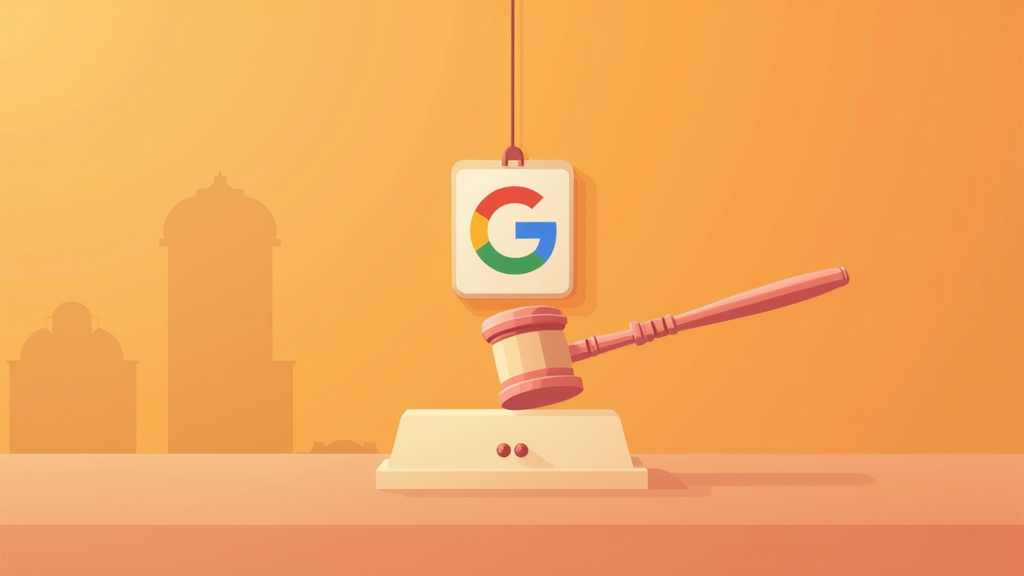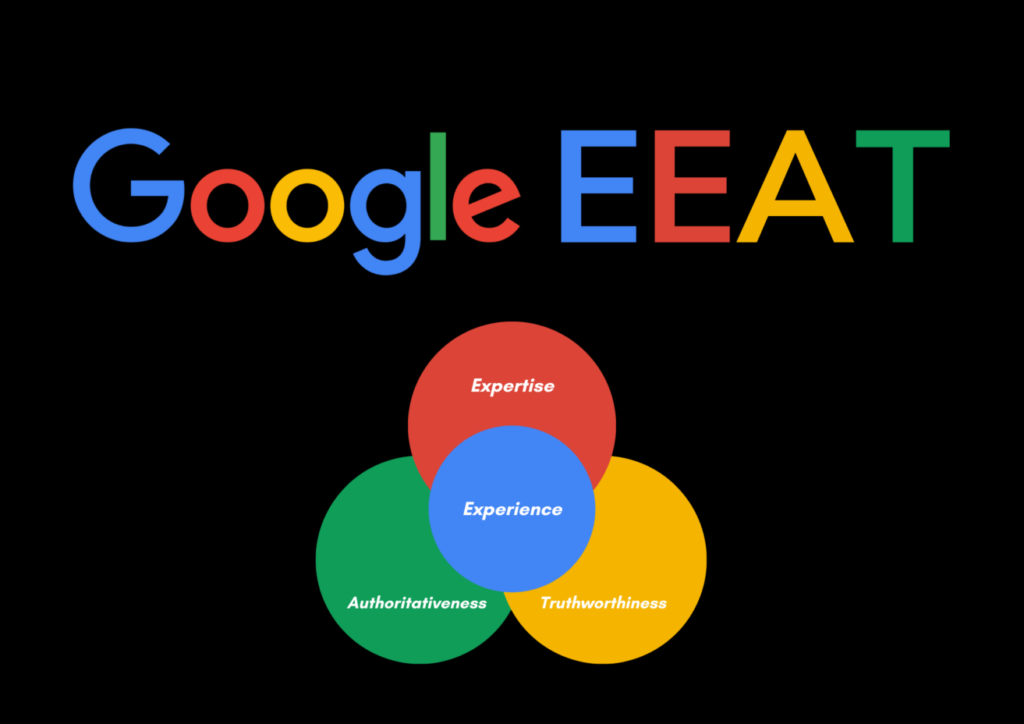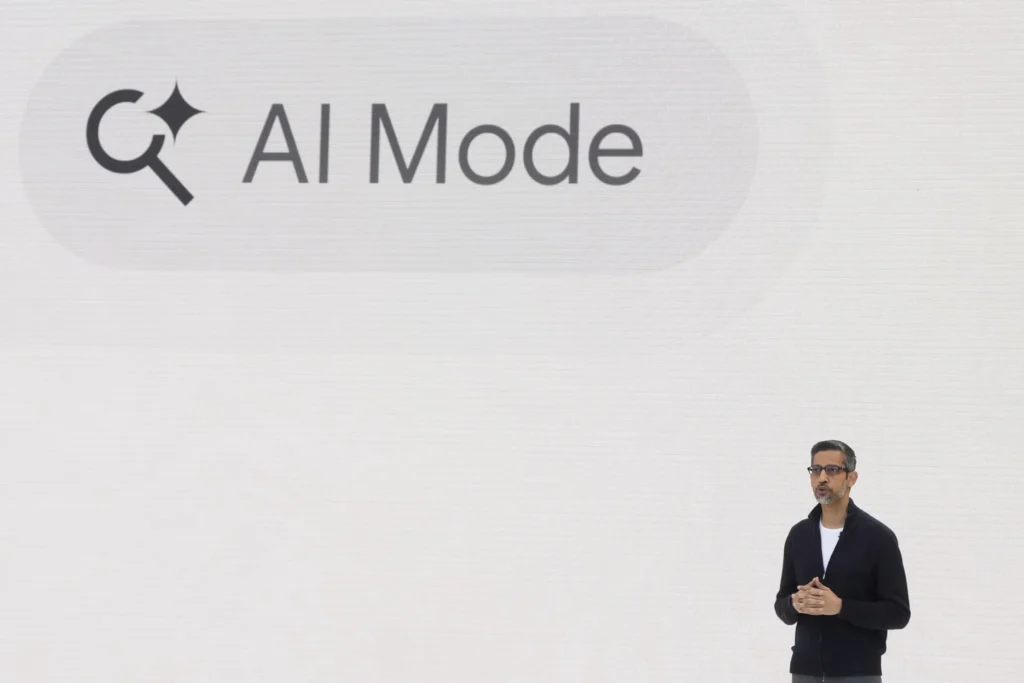Introduction
In a landmark ruling, U.S. District Judge Amit Mehta has declared that Google has maintained an illegal monopoly in the search and advertising markets. This decision marks a major victory for the Department of Justice (DOJ) and sets a precedent for future antitrust cases against tech giants.
Key Details
- Judge’s Findings: Judge Mehta concluded that Google violated Section 2 of the Sherman Act, which prohibits monopolies. The court emphasized Google’s exclusive search deals with Android and Apple devices as the primary mechanism for its anticompetitive behavior.
- Monopoly Evidence: Google’s market dominance in general search increased from approximately 80% in 2009 to 90% by 2020.
- Financial Implications: The ruling highlights that Google pays Apple $20 billion annually to maintain its default search status on iPhones, a practice deemed anticompetitive.
- Trial and Ruling: The decision follows a 10-week trial last fall, focusing on Google’s liability rather than remedies.
Why It Matters
This ruling is the first major decision in a wave of tech monopoly cases brought by the U.S. government in recent years, potentially influencing future rulings against other tech giants like Amazon, Apple, and Meta.
Immediate and Future Impacts
- Advertisers’ Concerns: While immediate changes are unlikely, advertisers should prepare for potential long-term impacts on their digital marketing strategies.
- Future Remedies: The next phase of the legal process will determine the remedies to address Google’s monopoly, which could include significant changes to its business model or even a breakup of the company.
- Upcoming Trials: Google faces another DOJ trial starting September 9th regarding its ad tech business, further complicating its legal landscape.
Reactions and Appeals
- Google’s Response: Google plans to appeal the decision, arguing that it offers the best search engine and should not be penalized for making it easily accessible.
- Industry Impact: The ruling could influence how century-old antitrust laws are applied to modern digital markets, potentially affecting other tech companies.
Conclusion
The ruling that Google has maintained an illegal monopoly in search and advertising markets is a blow to the company and a victory for antitrust regulators. The decision sets a precedent for future cases and could lead to changes in Google’s business practices as the legal process unfolds.





